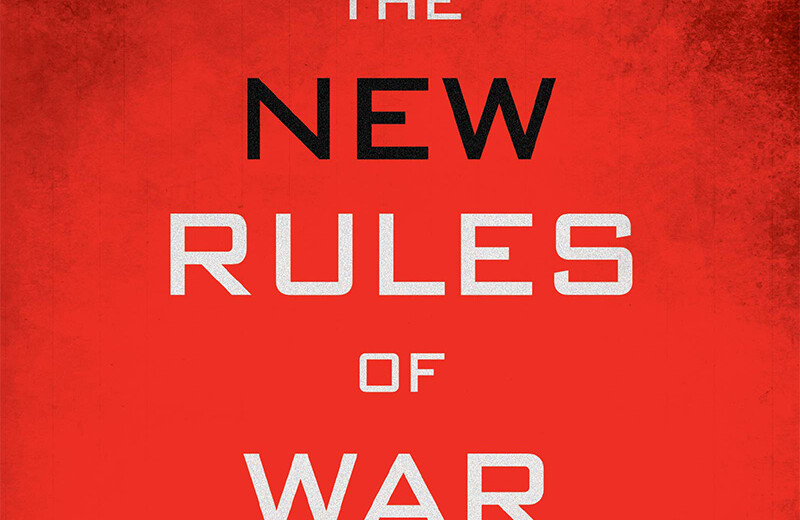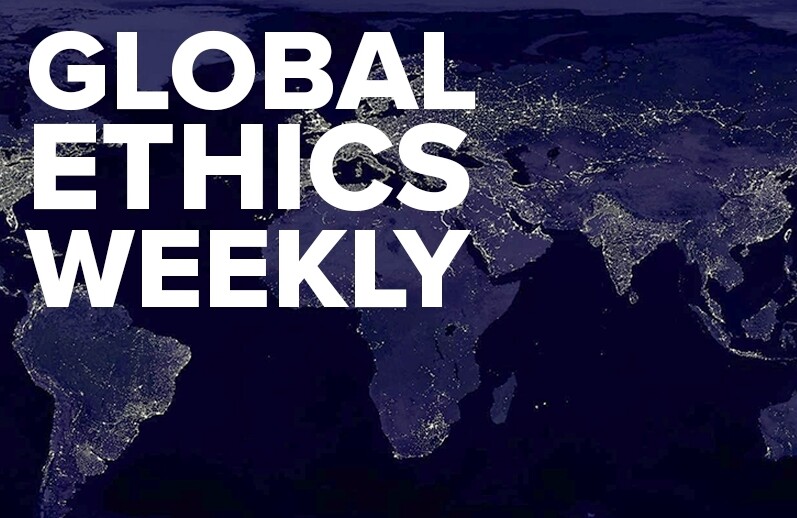Framing ethical perspectives
Multilateralism refers to a group of nations working together for a common goal. It is at the heart of international relations as nation-states form alliances with like-minded countries to take on global issues, such as climate, emerging technology, inequality, and collective security. Carnegie Council sees multilateralism as essential to generating solutions to global problems and a critical component of an ethical present and future.
Featured Multilateralism Resources
Inclusivity, AI & climate governance, and more
FEB 27, 2024 • Video
A Carnegie Council Conversation with the UK Home Secretary
MAR 28, 2024 • Video
Unlocking Cooperation: The Global South and Global North
In the inaugural panel of the "Unlocking Cooperation" series, Ramu Damodaran leads a discussion on forging a path forward for Global South/North collaboration.
OCT 18, 2023 • Video
Unlocking Cooperation: A Global Ethics Day Special Event
In this keynote event for Global Ethics Day 2023, Carnegie Council President Joel Rosenthal led a conversation on the psychology behind cooperation; ways that states, institutions, ...
Subscribe to the Carnegie Ethics Newsletter for more on ethics and international affairs
Related Initiatives
Model International Mobility Convention
The primary goal of the Model International Mobility Convention (MIMC) is to formulate new rules for migration and asylum that can benefit both migrants and refugees as well as their states of origin, transit, and destination.
Carnegie Ethics Accelerator
The Carnegie Ethics Accelerator is a new kind of incubator designed to empower ethics in the face of swiftly evolving challenges in technology and public policies.
Explore Our Multilateralism Resources
MAR 20, 2019 • Podcast
Computational Propaganda, with Nick Monaco
In this in-depth conversation, Oxford Internet Institute researcher Nick Monaco reviews the history of computational propaganda (online disinformation), which goes back almost two decades and ...

MAR 19, 2019 • Podcast
The New Rules of War: Victory in the Age of Durable Disorder, with Sean McFate
"Nobody fights conventionally except for us anymore, yet we're sinking a big bulk, perhaps the majority of our defense dollars, into preparing for another conventional ...
MAR 14, 2019 • Transcript
The Crack-Up: 1919 & the Birth of Modern Korea, with Kyung Moon Hwang
Could the shared historical memory of March 1 ever be a source of unity between North Koreans and South Koreans? In this fascinating episode of The ...

MAR 7, 2019 • Article
Climate Change and Competing Ethical Visions
The prevailing narrative in the fight against climate change is that we must adopt more cooperative efforts to help vulnerable populations. But what if, instead ...
MAR 4, 2019 • Podcast
A U.S.-China Tech Cold War? with Adam Segal
Are we headed for a U.S.-China tech Cold War and what should we do about it? "There's no way we're ever going to ...

FEB 28, 2019 • Podcast
Implications of the INF Withdrawal, with Jonathan Cristol
Adelphi University's Jonathan Cristol discusses the Trump administration's decision to step away from the Intermediate-Range Nuclear Forces Treaty (INF) and its possible effects on international ...

FEB 26, 2019 • Podcast
The Enduring False Promise of Preventive War, with Scott A. Silverstone
Does preventive war really work? "In the vast majority of cases historically, what we see is the country that thought it was saving itself from ...
FEB 25, 2019 • Podcast
How to Think about War: An Ancient Guide to Foreign Policy, with Johanna Hanink
Why has there been a sudden interest in Thucydides, especially in the U.S.? Johanna Hanink discusses her new book of translations and introductions to ...

FEB 21, 2019 • Podcast
Global Ethics Weekly: The U.S.-Taliban Negotiations, with Jonathan Cristol
Jonathan Cristol, author of "The United States and Taliban before and after 9/11," discusses the status of the latest talks between the U.S. government and ...
FEB 20, 2019 • Podcast
Jerome A. Cohen on the Taiwan Relations Act
U.S.-Taiwan relations have long been an ingenious balancing act of "strategic ambiguity." What does the 1979 Taiwan Relations Act entail and why is it ...




